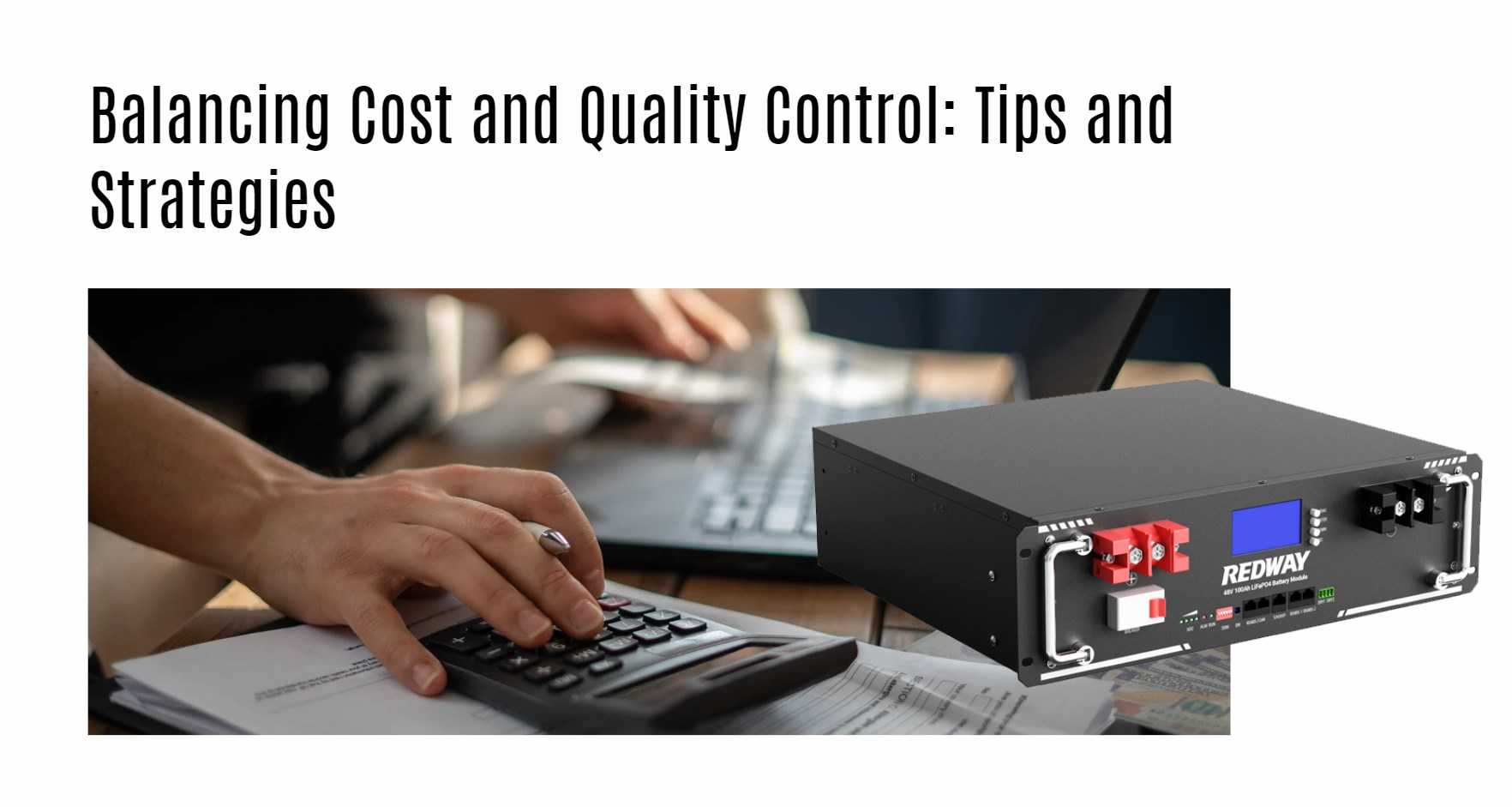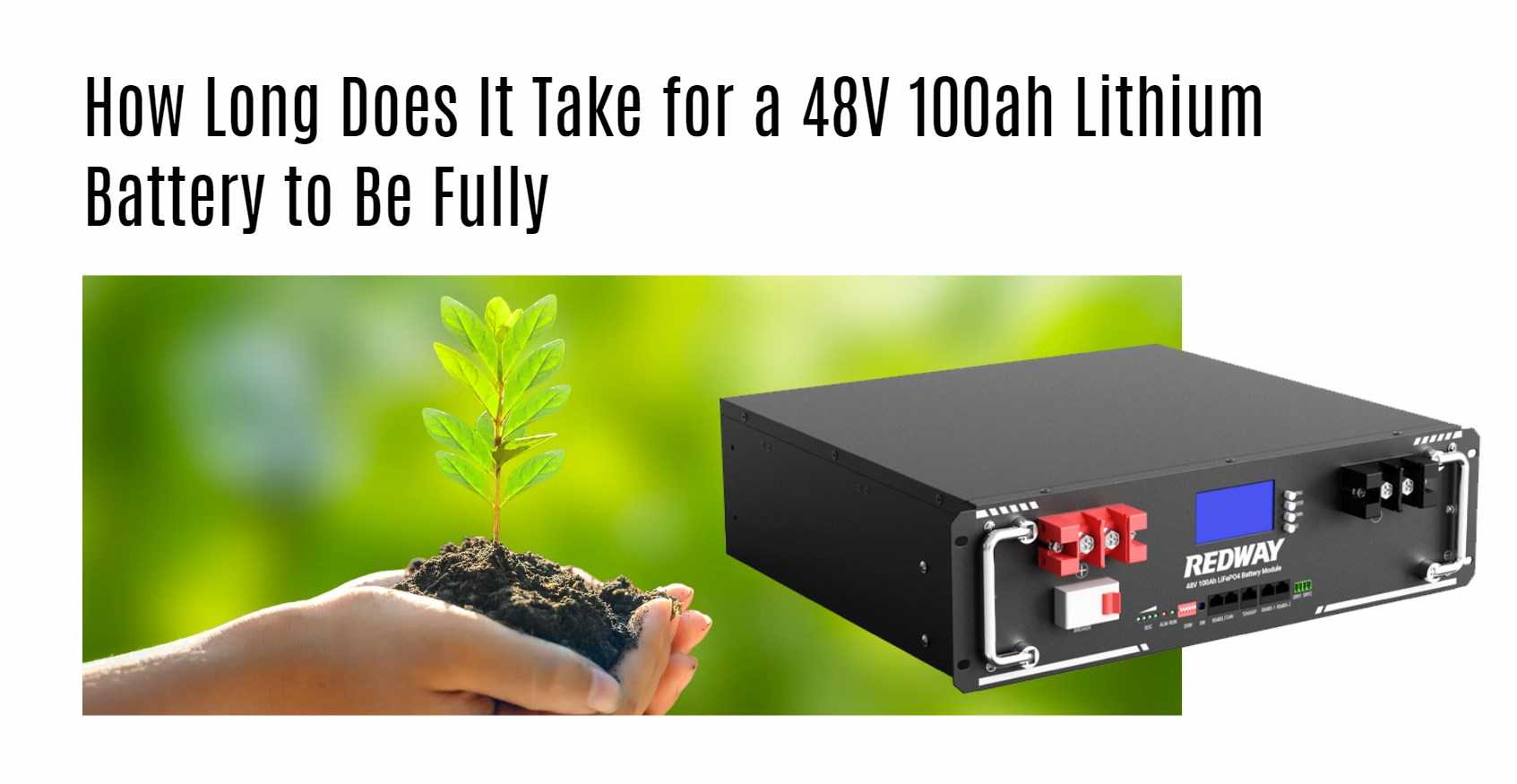Welcome to the electrifying world of LiFePO4 batteries! If you’re in the business of manufacturing these cutting-edge powerhouses, you know that balancing cost and quality control is no easy feat. Join us as we delve into the dynamic realm of LiFePO4 battery production and uncover expert tips on achieving the perfect equilibrium between affordability and excellence. Let’s power up our knowledge together!
The Importance of Quality Control in Battery Manufacturing
Quality control is of utmost importance in battery manufacturing to ensure the performance, safety, and reliability of batteries. It involves measures such as raw material inspection, in-process quality checks, electrolyte quality control, formation and grading, safety tests, cycle life testing, post-production inspection, and continuous improvement through feedback loops. By implementing stringent quality control measures, manufacturers can deliver batteries that meet industry standards and gain the trust of consumers worldwide.
- Raw material inspection: Ensuring the purity and consistency of materials used in battery manufacturing.
- In-process quality checks: Vigilance at every step to monitor the production stages and ensure consistency.
- Electrolyte quality control: Maintaining the right mix of electrolyte to optimize battery function.
- Formation and grading: Shaping and sorting batteries based on performance to ensure quality.
- Safety tests: Subjecting batteries to rigorous tests to ensure they can withstand various conditions.
- Cycle life testing: Simulating real-world usage to estimate battery lifespan and performance over time.
- Post-production inspection: Final checks to identify any defects or imperfections before shipping.
- Continuous improvement: Feedback loops and collaboration with suppliers and customers for ongoing enhancement.
Factors that Affect the Cost of LiFePO4 Batteries
The cost of LiFePO4 batteries is influenced by several factors. These include the complexity of raw materials, such as lithium, iron, phosphorus, and oxygen, which require specific and intricate extraction and refinement processes. The manufacturing process itself is complex and involves multiple steps, demanding specialized equipment and skilled labor. The investment in safety features, strict quality control measures, and certifications also contribute to the higher cost. However, economies of scale and ongoing technological advancements are expected to drive down prices in the future, making LiFePO4 batteries more accessible and affordable.
- Raw material complexity: LiFePO4 batteries require specific and intricate raw materials, such as lithium, iron, phosphorus, and oxygen, which undergo complex extraction and refinement processes.
- Manufacturing process complexity: The production of LiFePO4 batteries involves multiple intricate steps, demanding specialized equipment and skilled labor.
- Investment in safety features: LiFePO4 batteries require advanced battery management systems (BMS) and protection circuits, contributing to their higher cost.
- Quality control and certifications: Strict quality control measures and certifications further increase production costs.
- Economies of scale and technological advancements: As demand increases and technology advances, economies of scale and ongoing innovations are expected to drive down the cost of LiFePO4 batteries.
Balancing Cost and Quality Control: Tips and Strategies
When it comes to balancing battery cost and quality control, there are several tips and strategies to consider. Here are some key points:
-
Balancing Algorithms: Battery Management Systems (BMS) play a crucial role in balancing battery cells. The algorithms used by BMS should be able to correct imbalances from manufacturing and continuously monitor and balance the cells as needed.
-
Accuracy of State of Charge (SOC) Estimation: SOC estimation is important for balancing batteries. However, most onboard BMSs rely on measuring cell voltage as a substitute for SOC, which can be inaccurate. Factors like temperature, age, and recent cell usage can affect the voltage, making it an unreliable indicator of SOC.
-
Voltage-Based Balancing: Many BMSs use voltage-based balancing algorithms, where balancing occurs when cell voltages are nearly maximized at 100% SOC or nearly minimized at 0% SOC. However, this approach may not effectively balance cells during regular operations since batteries are usually not charged to 100% or discharged to 0%.
-
Continuous Balancing: Continuous balancing is a more effective approach to keeping battery cells balanced. It involves continuously monitoring and balancing the cells during charging, discharging, resting, and other usage patterns. Continuous balancing ensures that the total capacity of the battery is utilized on every cycle.
-
Active and Passive Balancing: There are two main methods of cell balancing: active and passive. Active cell balancing uses inductive or capacitive charge shuttling to transfer charge between cells, while passive cell balancing involves discharging cells through a bypass route. Active balancing requires additional components and incurs higher costs, while passive balancing is simpler and more cost-effective but dissipates excess energy as heat.
-
Balancing Hardware Implementation: There are various hardware implementations for cell balancing, such as current bypass, charge redistribution, charge shuttles, and inductive converters. Each method has its advantages and disadvantages in terms of efficiency, cost, and complexity.
-
Balancing Algorithm: The decision of when to activate the balancing mechanism is based on the voltage difference between cells. Balancing algorithms use a threshold value to determine if a bypass or energy transfer should be initiated. The algorithm can be implemented during charging cycles, at high states of charge, or simultaneously for multiple cells.

Implementing Quality Control Measures in the Manufacturing Process
Implementing quality control measures in the battery manufacturing process is crucial for ensuring the reliability and performance of batteries. Key strategies include strict raw material selection and supply chain management, strengthening production process control, continuous improvement through data analysis, training and upskilling of production personnel, and establishing a sound quality assurance system. By implementing these strategies, battery manufacturers can optimize production quality, improve battery stability and performance, and deliver reliable and high-performance energy solutions.
- Strict raw material selection and supply chain management: Ensuring high-quality raw materials and establishing a reliable supply chain.
- Strengthening production process control: Implementing a complete production process and quality control process, utilizing advanced automation equipment and testing technology.
- Continuous improvement and data analysis: Establishing a quality management system, collecting and analyzing key data to identify improvement opportunities.
- Training and upskilling: Providing comprehensive training programs for production personnel to enhance their skills and quality awareness.
- Establishing a sound quality assurance system: Implementing strict quality assurance procedures, adhering to standards and specifications.
Choosing the Right Manufacturer for Your LiFePO4 Batteries
When it comes to selecting a manufacturer for your LiFePO4 batteries, thorough research is key. Look for companies with a proven track record in battery production and a reputation for quality.
Consider the manufacturer’s experience in producing LiFePO4 batteries specifically, as this can impact the overall quality of the product. It’s also essential to assess their manufacturing facilities and processes to ensure they meet industry standards.
Don’t forget to inquire about certifications and compliance with regulations – this demonstrates a commitment to quality control. Additionally, communication is vital; choose a manufacturer who is transparent and responsive throughout the production process.
Take into account reviews and feedback from other clients to get insights into their satisfaction levels. By carefully evaluating these factors, you can confidently choose the right manufacturer for your LiFePO4 batteries.
Conclusion: Achieving Optimal Balance in Cost and Quality Control for LiFePO4 Battery Manufacturing
Finding the perfect balance between cost and quality control in LiFePO4 battery manufacturing is crucial for ensuring the efficiency and reliability of these energy storage solutions. By understanding the importance of quality control, the factors influencing costs, and implementing effective strategies, manufacturers can achieve optimal results.
Remember that compromising on quality to reduce costs may lead to long-term consequences such as decreased performance or safety hazards. On the other hand, investing too much without considering cost-effectiveness could impact profitability.
Therefore, it’s essential to strike a balance by prioritizing quality while also being mindful of expenses. By working closely with reputable manufacturers who prioritize both aspects, you can ensure that your LiFePO4 batteries meet high-quality standards while remaining cost-effective in the competitive market.
Achieving this delicate equilibrium will not only benefit your business but also contribute to advancing sustainable energy solutions for a better future.



